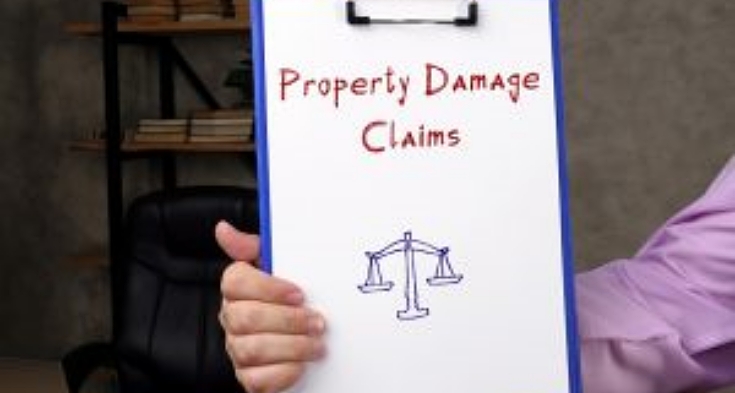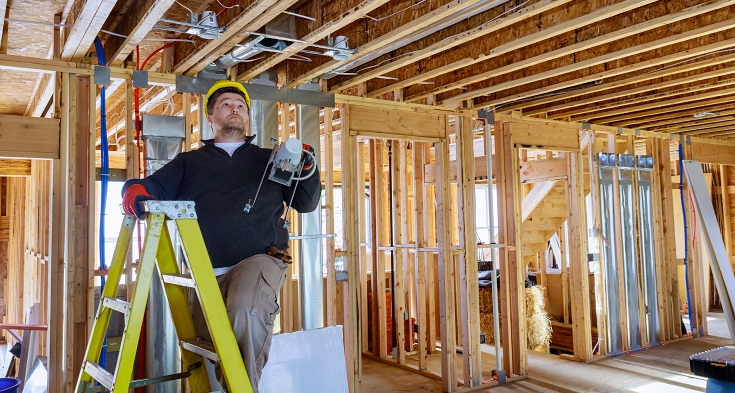
Owning an aircraft comes with tremendous responsibility—from strict FAA compliance to constant operational oversight. However, one of the most complex challenges aircraft owners face is dealing with hull insurance claims. Whether your aircraft was damaged during a storm, in a ground collision, or experienced a hard landing, understanding the hull insurance claim process is critical to protecting your financial investment and aviation operation.
At Elevate Legal Services, PLLC, our Boca Raton-based law firm represents aircraft owners, operators, and aviation businesses across Florida and beyond in aviation-related insurance disputes. We are experienced in handling aircraft hull insurance claims, bad faith disputes, and claim denials. Our mission is to help clients navigate complex claim procedures and advocate for the full compensation they are entitled to.
Contact Elevate Legal Services, PLLC today at 561-770-3335 or email [email protected] for a confidential consultation about your aircraft hull insurance claim. Don’t let a complex claims process ground your operations.
What Is Aircraft Hull Insurance?
Aircraft hull insurance covers physical damage to an aircraft. It insures the airframe, engines, avionics, landing gear, and other structural components against a wide variety of perils.
Unlike liability insurance (which covers third-party injuries or property damage), hull insurance focuses solely on the aircraft itself. Policies can be tailored to specific risks, including:
- Ground risk (not in motion)
- Ground risk (in motion/taxiing)
- In-flight coverage
Each tier offers different levels of protection, so it’s crucial to understand which applies to your claim.
Common Causes of Hull Insurance Claims
Aircraft hull insurance typically responds to a wide range of scenarios, such as:
- Runway excursions or hard landings
- Ground collisions with objects or other aircraft
- Severe weather events (hail, lightning, windstorms)
- Bird strikes or foreign object damage (FOD)
- Hangar incidents
- Engine or mechanical failure resulting in damage
- Vandalism or theft
These events often result in high-value repairs or total loss assessments, making it essential to handle claims with precision.
Common Grounds for Denying Aircraft Hull Insurance Claims
1. Violation of Policy Conditions
Aircraft hull policies include specific conditions that must be met. If the insured violates any of these, the insurer may deny the claim.
Examples:

- An unqualified or unauthorized pilot was flying the aircraft (e.g., not listed on the policy or didn’t meet the required flight hours)
- The aircraft was not airworthy or lacked proper maintenance/logbook entries
- The aircraft was used for unauthorized purposes, such as commercial flights under a private-use policy
2. Policy Exclusions
Hull policies often include exclusion clauses that specify when coverage does not apply.
Typical exclusions include:
- Wear and tears, corrosion, or mechanical breakdown not caused by an accident
- Damage from war, terrorism, or nuclear activity (usually requires a separate endorsement)
- Intentional acts or gross negligence by the insured
- Damage occurring during unauthorized modifications or experimental operations
3. Misrepresentation or Material Non-Disclosure
If the insurer finds that the insured provided false or misleading information when applying for the policy, they may rescind the policy and deny the claim entirely.
Examples:
- Misstating aircraft usage (e.g., claiming personal use when leasing or chartering)
- Underreporting aircraft value or pilot experience
- Omitting past accidents or FAA enforcement actions
4. Failure to Promptly Report the Loss
Most policies require that the insured promptly notify the insurer of any loss or incident. If the aircraft owner delays reporting, and the delay impairs the insurer’s ability to investigate, the claim may be denied.
5. Disputes Over Valuation
Even if the damage is covered, the insurer may dispute how much they should pay. This is common in total loss vs. repairable disputes.
Common arguments include:
- The aircraft is not a total loss, and can be repaired at a lower cost
- Disagreements over diminished value post-repair
- Lowball market value assessments by the insurer
- Salvage value disputes if the insurer takes possession of wreckage
6. Improper Repairs or Unauthorized Maintenance
If damage resulted from previous repairs that were done incorrectly or without FAA approval, insurers may claim the issue was not sudden or accidental, but rather due to poor maintenance, which is often excluded.
7. Pilot Error Outside Policy Coverage
If the aircraft was damaged due to pilot error, the insurer may deny the claim if:
- The pilot was not certified for that type of aircraft
- The pilot exceeded flight limitations (e.g., flew in prohibited weather conditions)
- The pilot violated FARs (Federal Aviation Regulations)
How Aircraft Insurers Build Their Defense
When denying a hull claim, insurers often engage a team of experts to support their position. This includes:
- Claims adjusters who inspect the aircraft and review maintenance and flight logs
- Aviation surveyors who assess repair feasibility and estimate damage
- Legal counsel to review policy language and regulatory compliance
- Independent mechanics or forensic experts to investigate causation
- FAA records to verify pilot licensing, aircraft registration, and maintenance status
What Aircraft Owners Should Do in Response
If your claim has been denied, do not accept the denial at face value. Many denials are based on interpretations that can be challenged. You should:
- Request a copy of the denial letter and insurer’s rationale
- Review the policy language carefully
- Gather evidence: logbooks, maintenance records, photos, and expert reports
- Consult an aviation attorney to determine whether the denial is legally sound or can be contested
Step-by-Step Guide to Filing an Aircraft Hull Insurance Claim
Filing a hull insurance claim can be complex and document-intensive. Here’s how aircraft owners should approach it:
Step 1: Notify Your Insurer Immediately
As soon as damage occurs, notify your insurance carrier. Most policies require prompt notification to trigger coverage.
- Include the time, location, and cause of the incident
- Preserve all wreckage or damaged components if safe to do so
Step 2: Document the Damage
Take clear, high-resolution photographs of all visible damage from multiple angles.
- Capture avionics, fuselage, wings, undercarriage, and interior components
- Keep records of maintenance logs, recent repairs, and pilot reports
Step 3: Get a Damage Assessment
Insurers often send out aviation surveyors or adjusters to assess the extent and cost of repairs. You may also want to retain your independent aviation expert to provide a second opinion.
Step 4: Submit a Formal Claim
Prepare all required paperwork, including:
- Proof of loss
- Maintenance and logbooks
- Airworthiness certificates
- Invoices for repairs
- Communication logs with the insurer
Your attorney can review and organize the claim to ensure accuracy and completeness.
Step 5: Negotiate Repair vs. Total Loss
In many cases, disputes arise over whether the aircraft is a constructive total loss or repairable. This is often where conflicts emerge. An experienced aviation attorney can help you:
- Contests lowball valuations
- Argue for OEM or certified repair standards
- Challenge unreasonable salvage value deductions
What If the Claim Is Denied?
Denied or delayed hull insurance claims are unfortunately common in aviation. Reasons for denial may include:
- Policy exclusions (e.g., wear and tear, mechanical failure without external cause)
- Pilot errors are not covered under the policy
- Claims exceeding the aircraft’s insured value
- Alleged breaches of FAA regulations
In these cases, you need a skilled aviation law firm to:
- Challenge the denial based on policy language
- Negotiate with underwriters and adjusters
- File bad faith insurance claims if applicable
- Represent you in mediation, arbitration, or litigation
Why Choose Elevate Legal Services, PLLC?
At Elevate Legal Services, PLLC, we understand the financial and operational pressures aircraft owners face when dealing with insurance claims. Our firm offers:
Deep Experience in Aviation Law and Insurance
Aggressive Representation for Denied or Underpaid Claims

Personalized, Client-Centered Legal Strategies
Proven Success in High-Stakes Claim Disputes
We act fast, think strategically, and defend your aviation interests as if they were our own.
Final Thoughts
Navigating a hull insurance claim doesn’t have to be overwhelming—but it does require diligence, documentation, and legal precision. Whether you’re seeking repair compensation or fighting a denied claim, Elevate Legal Services, PLLC, is here to help you fly forward with confidence.
Contact Elevate Legal Services, PLLC at 561-770-3335 or email [email protected]for a consultation today. Let us help you protect your aircraft, your rights, and your peace of mind.





